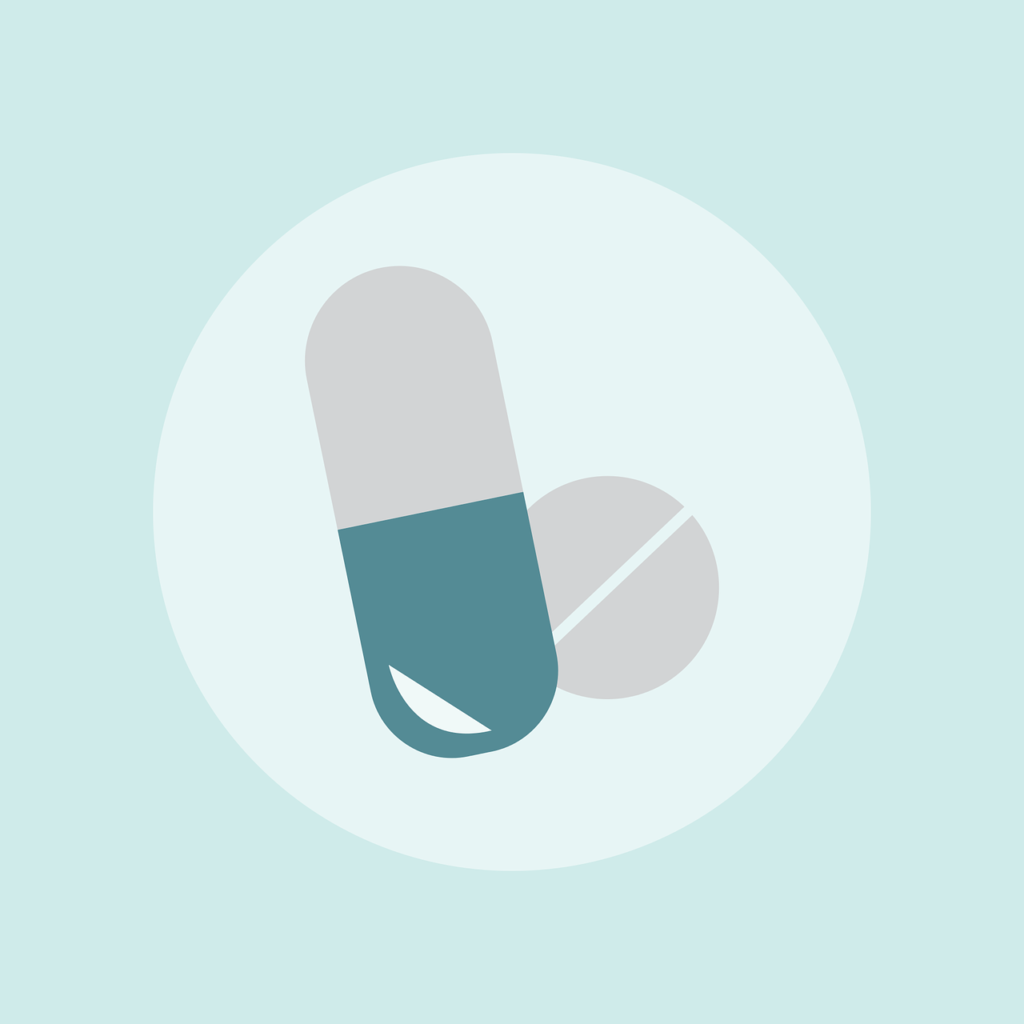From the National Library of Medicine

Antidepressants are among the most searched-for medications online. But there is a lot of information out there to sift through. We’ve pulled together some useful information about common types of these medications from MedlinePlus and the National Institute of Mental Health.
What are they?
Antidepressants are medications that help relieve symptoms of depression and other mental health conditions such as anxiety. They are sometimes also used to treat other conditions, including chronic pain and sleeping disorders.
These medications may need to be taken for a few weeks (often four to eight) to fully work. You may need to try a few different ones before you and your health care provider find the best option for you.
How do they work?
The brain is a complex organ, and researchers are still learning about how and why antidepressants affect it. In general, though, antidepressants act on chemical messengers called neurotransmitters. Neurotransmitters play a role in regulating mood, cognition, and other things (such as behavior, sleep, and memory). They work by changing levels and activity of certain neurotransmitters, including:
- Serotonin, which helps regulate mood, appetite, sleep, and pain perception.
- Norepinephrine, which is involved in the body’s stress response and plays a role in mood regulation and alertness.
- Dopamine, which is associated with motivation, reward, and pleasure.
What are the different types?
Different types of antidepressants affect the brain’s chemistry in different ways.
Selective serotonin reuptake inhibitors (SSRIs) are the most prescribed type of antidepressant. They work by increasing levels of serotonin in the brain. They generally have fewer side effects than other types of antidepressants.
Common SSRIs include fluoxetine, citalopram, sertraline, paroxetine, and escitalopram.
Serotonin and norepinephrine reuptake inhibitors (SNRIs) are similar to SSRIs. They help regulate mood by increasing levels of serotonin and norepinephrine.
Common SNRIs include venlafaxine and duloxetine.
Atypical antidepressants work differently than SSRIs and SNRIs. These medications may be prescribed when other types of medications don’t work or cause unwanted side effects. People with certain conditions or genetic factors may respond better to atypical antidepressants than other types of antidepressants. Some people take them in combination with an SSRI or SNRI. These medications include:
- Bupropion, which also treats seasonal affective disorder and can help people stop smoking.
- Mirtazapine, which is sometimes prescribed for people who have trouble sleeping or have lost their appetite due to depression.
- Trazodone, which is also used to treat insomnia and anxiety.
Older antidepressant medications include tricyclics, tetracyclics, and monoamine oxidase inhibitors (MAOIs). These drugs are prescribed less often than other medications because they tend to cause more side effects. However, they work better for some people.
What are the side effects?
Antidepressant medications affect people in different ways. Possible side effects include:
- Nausea and vomiting
- Weight gain
- Diarrhea
- Sleepiness
- Sexual problems
Not everyone will experience side effects. Some people may experience only mild ones that go away as their body adjusts to the medication.
In some cases, antidepressants can lead to more serious side effects. These may include new or increased suicidal thoughts, especially in children, adolescents, and young adults. If this happens, it’s important to get medical help right away.
Where can I learn more about these medications?
If you or someone you know thinks they have depression, talk to a health care provider as soon as possible. Antidepressants, therapy, or a combination of the two may help. Depression is a complex condition, and finding the right treatment can take time.
If you or someone you know is experiencing a mental health crisis, the 988 Suicide & Crisis Lifeline is a national, 24/7 hotline that can connect you with a trained crisis counselor by phone or online chat. Call or text 988 to connect to a trained crisis counselor or use the live online chat option. TTY users can contact the Lifeline via their preferred relay service or by dialing 711, then 988.
*This article was originally published in March 2020. It was updated in August 2023 to reflect new information and developments.

